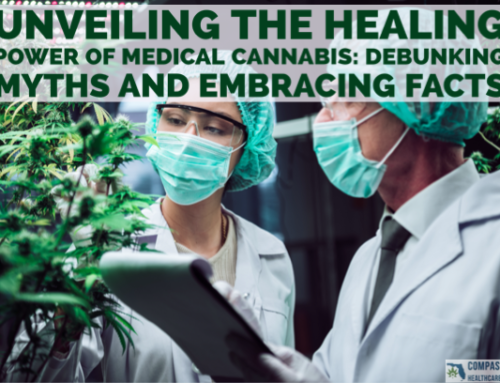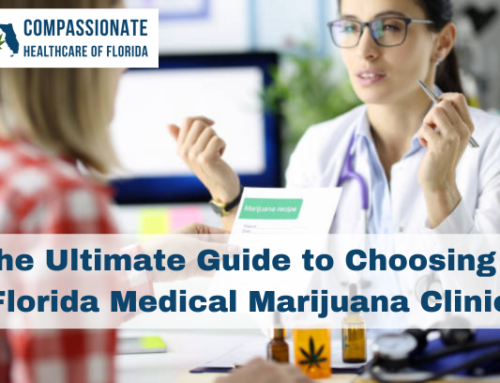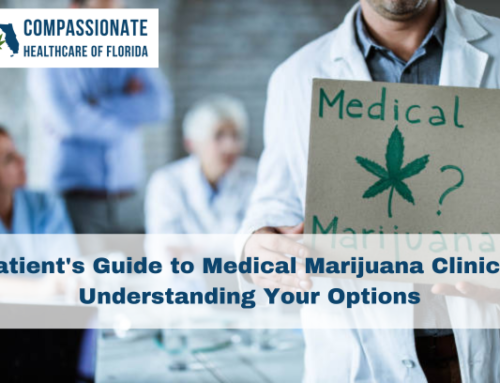
After a long wait, Medical Marijuana Patients in Florida are finally getting edibles!!
Effective August 27th, 2020, edibles have been made available as an administration route for MMJ patients.
Per Emergency Rule 64ER20-33, Edibles can be added as a route of administration to an existing certification without a requirement to be recertified. What this means for patients is that they can contact their Marijuana Doctor and immediately get the route added as long as they agree.
Patients need to understand that although edibles are now a legal option, it will still be a short wait before a large variety of options are available. Patients can find mints and other oral consumed products currently at MMTCs; however, as of the rules passing, no edibles have been approved to be dispensed by a licensed Medical Marijuana Treatment Center (MMTC). The dispensaries still must obtain department approval per Rule 64-4.023 and demonstrate products are labeled and appropriately packaged per 381.986 F.S.
Rule 64ER20-33 states that edibles must not bear a reasonable resemblance to commercially available candy and are not decorated with sprinkles or toppings of any kind or be “to colorful.” However, the rationale behind this is well intended to keep edibles out of the hands of children who may accidentally consume them. The rule goes into detail requiring edibles fall into the following category of Lozenges, Gelatins, Baked Goods, Chocolate, or Drink Powders.
Patients will notice edibles must be stamped with a universal symbol that identifies them being made with marijuana oil and containing THC. Single serving sizes shall not have more than 10mg tetrahydrocannabinol (THC), and multi-servings should not contain more than 200mg THC. Multi-serving size edibles need to be designed to display physically distinct serving sizes or be easily separated with minimal effort. Edibles will also be required to be “shelf-stable” and not require refrigeration. They must demonstrate a clear label listing details on potency, which may not vary by more than 15% compared to the certificate of analysis testing result.
Why Are Edibles So Popular?
Edibles are an additional consumption method for many patients who cannot smoke cannabis or choose not to smoke it for a variety of reasons. When cannabis is consumed orally, it enters the bloodstream by the digestive tract. Since there is no exposure to tar, carbon, or other carcinogens, it is often viewed as healthier for medical marijuana dosing.
The decarboxylation process that occurs naturally to cannabinoids during the production cycle often provides an ideal treatment option, and symptom reduction means for many health conditions including muscle inflammation, chronic pain and spasms, nervous system disorders, insomnia, autoimmune disorders, and nausea.
Particularly with edibles, it is essential to start slowly when ingesting cannabis, as it will affect patients differently than vaping or smoking flower. The intensity and length of the effects depend on several factors, including the product’s potency, body chemistry, tolerance, and even what you’ve recently had to eat.
What’s Next For MMJ Patients
As far as a timeframe for when patients will be able to purchase “true” edibles, it is not extremely clear, and MMTCs will still need to obtain approvals, testing, and meet logistic strategies to get to market. It would not be a huge surprise to see edibles on the shelves in the next 30-90 days. In preparation for edibles, Trulieve CEO Kim Rivers has said that the company has built out a 10,000 sq. ft commercial kitchen in Quincy, Fl and patients will see them “As soon as they can get their product amendments approved, tested and shipped.”
Due to the popularity of edibles in other legal states and the massive potential for income to MMTCs, patients can rest assured the dispensaries are motivated to move as fast as possible to get products approved and on their shelves. In preparation for purchasing edible products, new patients must get the method included in their recommendation orders. If they have recently seen their doctor before August 27th and do not want to wait until their follow-up visit to try edibles, they should call to have the provider add the route to the OMMU orders. All doctors are different; however, our opinion is that patients should not be charged for this request. It falls under the realm of ongoing patient care and oversight.
If you are a patient in Southwest Florida who is having difficulty getting this method of use added on, reach out to Compassionate Healthcare of Florida. We are always happy to help!



